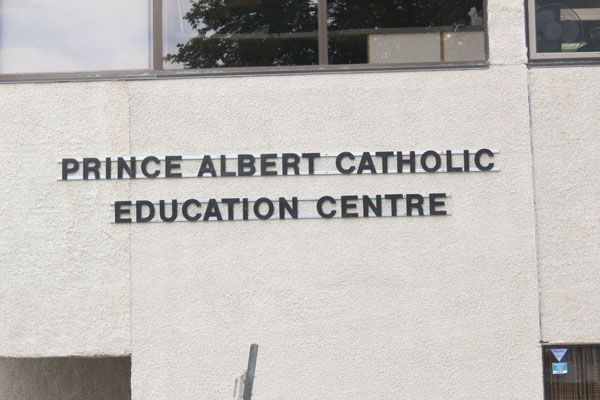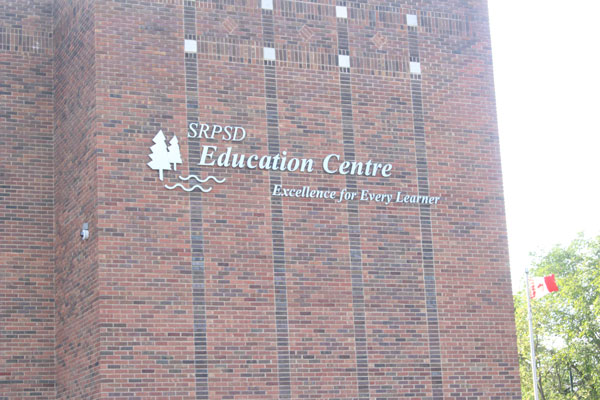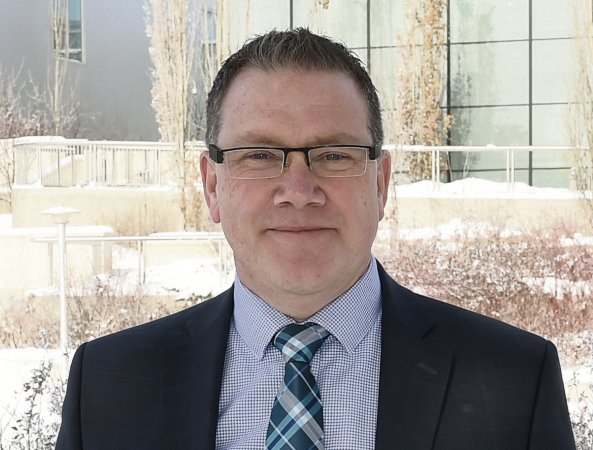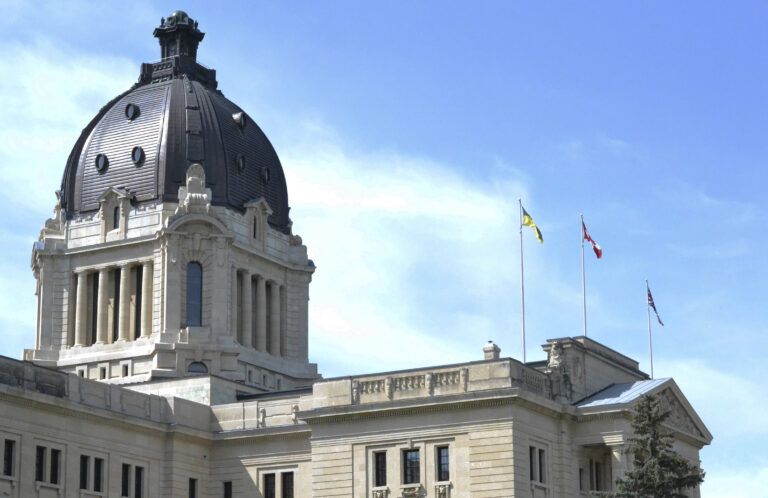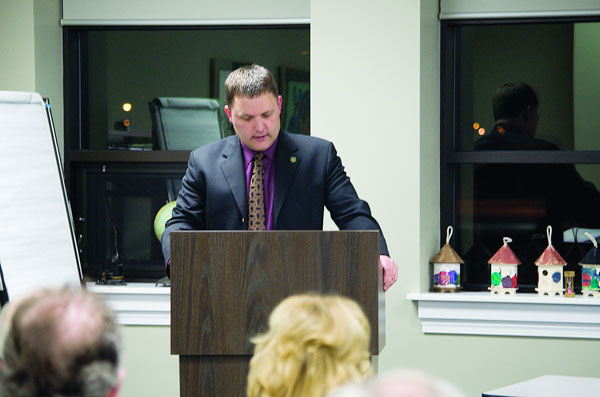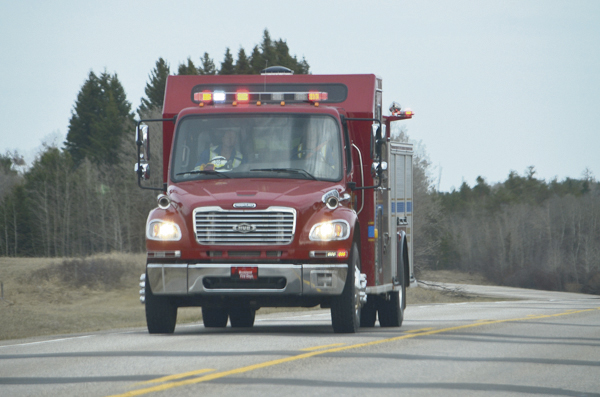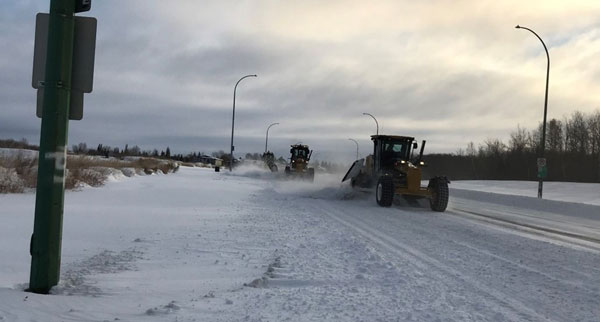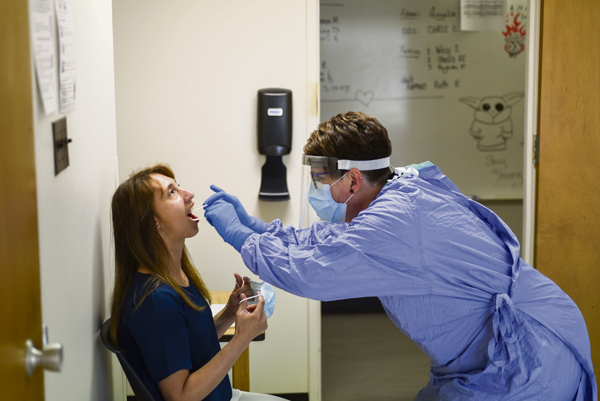The Saskatchewan Rivers School Division’s director of education said 2020 has been a challenge because of the COVID-19 pandemic, but the division has accomplished many positive things before and during the pandemic.
The division has created a Distance Learning Centre. More than 600 students in French Immersion and English programming were reported as using the centre in a report to the board of education in a report in September.
“That was a fairly sudden decision but it was a response to the needs of our students and families,” Robert Bratvold said.
The learning center is listed as another school by the division and is treated as one by the Ministry of Education.
He explained that they committed the staff and infrastructure and had everything in place for schools reopening in September. Contingency funding from the province has been used as part of the funding for the creation of the center.
He explained that the board and staff want to recognize the work of teachers throughout the pandemic.
“Teachers have been doing great work all along in all of our schools. That added idea of developing your program and figuring your processes as you are connecting with kids and families with distance — very admirable work,”
According to Bratvold, the support of families and students working through ever-changing protocols has been fantastic.
“It is challenges in their lives and they have done great work,” he said.
With each division in charge of implementing their own plans, he also credited all staff, along with the advice of the Ministry of Education and Health, for their help developing plans.
“Schools and the staff in them — they put the fine details (in) and they worked on connections with kids while they were six feet apart in a mask. That has just been really impressive. I have shared with many folks that it makes me proud of that team that we have people that do such great work,” Bratvold said.
Another concern from the pandemic is students who have not returned to any type of schooling. Some estimates say there could be thousands across the province.
“There have been several hundred of them in the Prince Albert area. That’s a concern for the current life and experiences those students are having and also about the implications for the future for them and for our system and for our families and community,” Bratvold said.
“Looking back on our year that is one of those concerns that’s clearly out there that there may not be much awareness around,” he explained.
He said that he spoke to a Grade 4 teacher who has a student that is not in school and she is concerned because they love school but still have not returned.
Though enrolments are connected to provincial grants, every student is important, Bratvold said.
“Sure, some of it is connected to enrolments and grants and that sort of thing but the fundamental reason is ‘how can we change that situation so that these students and families are getting the support from the schools that can be so valuable,’” Bratvold said.
Global Sports Academy, Cree Language Program among highlights for Sask. Rivers
There was more to the year than the pandemic, Bratvold said.
“That’s sort of the obvious thing. I mean it’s sort of overshadowed so much of schools and life in general. There were some other pretty big deals before COVID.”
He explained that one great project developed this year was the Elders Advisory Council that has been implemented.
“So we had done some work, a little bit in the fall but it was last winter when we were meeting with the Advisory Council and had some good connections with this great wisdom and great people generally,” he explained.
Another win, he said, is the Cree Language Kindergarten program at John Diefenbaker Publci School. The decision was made late last year and the program was launched this fall with 15 students.
“For a new program that’s a fantastic start. That’s a big one so that’s been kind of symbolic but also practical and meaningful and a great start to the program,”
According to Bratvold a division-wide version would be another feat but he wanted to acknowledge the staff and everyone at John Diefenbaker.
“It’s a great thing.”
Another unique program launched in the division was the Global Sports Academy at Carlton Comprehensive High School, which began operation in September.
The partnership was announced in February.
“That was a lot of work going into it and lots of great teamwork and we have got about 20 kids in that program and they are saying great things about their experiences so that has been fantastic,”
The program allows hockey players to earn credits while training during part of the day and attending regular school programming for the rest of the da. According to a press release in February, the program concept, which has had success in Alberta, is “designed to support the goals and dreams of student athletes while having them earn academic credits.”
The program is the first of its kind in the province.
New board elected in November; face challenging budget
The provincial and local elections on Nov. 9 saw many returning trustees and two new trustees joining the board. Bratvold explained that the new board has done great work in the few months that they have had as a complete board.
“The board was really impressive in terms of their continued focus on students and learning all through the campaign and all of that stuff. Once the election was done they hit the ground running and taking some time to do some orientation and establish our committees and organizational structures and away we went,” Bratvold said.
He explained that the new trustees have done well adapting to being on the board after the election was completed.
“It’s a refreshing thing every four years and whether it is the same trustees or new trustees it is energizing to get a new school board elected and get focused on good governance that they provide,” he said,
Bratvold explained that running for an election is stressful and the uncertainty of the campaign is part of the stress.
“It really does serve our community well and it serves our kids well and the people who are elected consistently are really student focused and an interest in being good leaders and a good governance team,”
One challenge the board and division faces is the budget for the next school year. Planning has begun with the process really beginning in January.
“COVID caused challenges with that and we knew that was a difficult thing for the start of this year. The ministry has been supportive of providing some contingency funding so that has been helpful for meeting those needs,” Bratvold said.
“We have had to make some pretty serious adjustments with what that plan will look like. We have been able to do that successfully over the span of this year and we will see what next year brings,” he explained.
-With files from Peter Lozinski, Prince Albert Daily Herald

